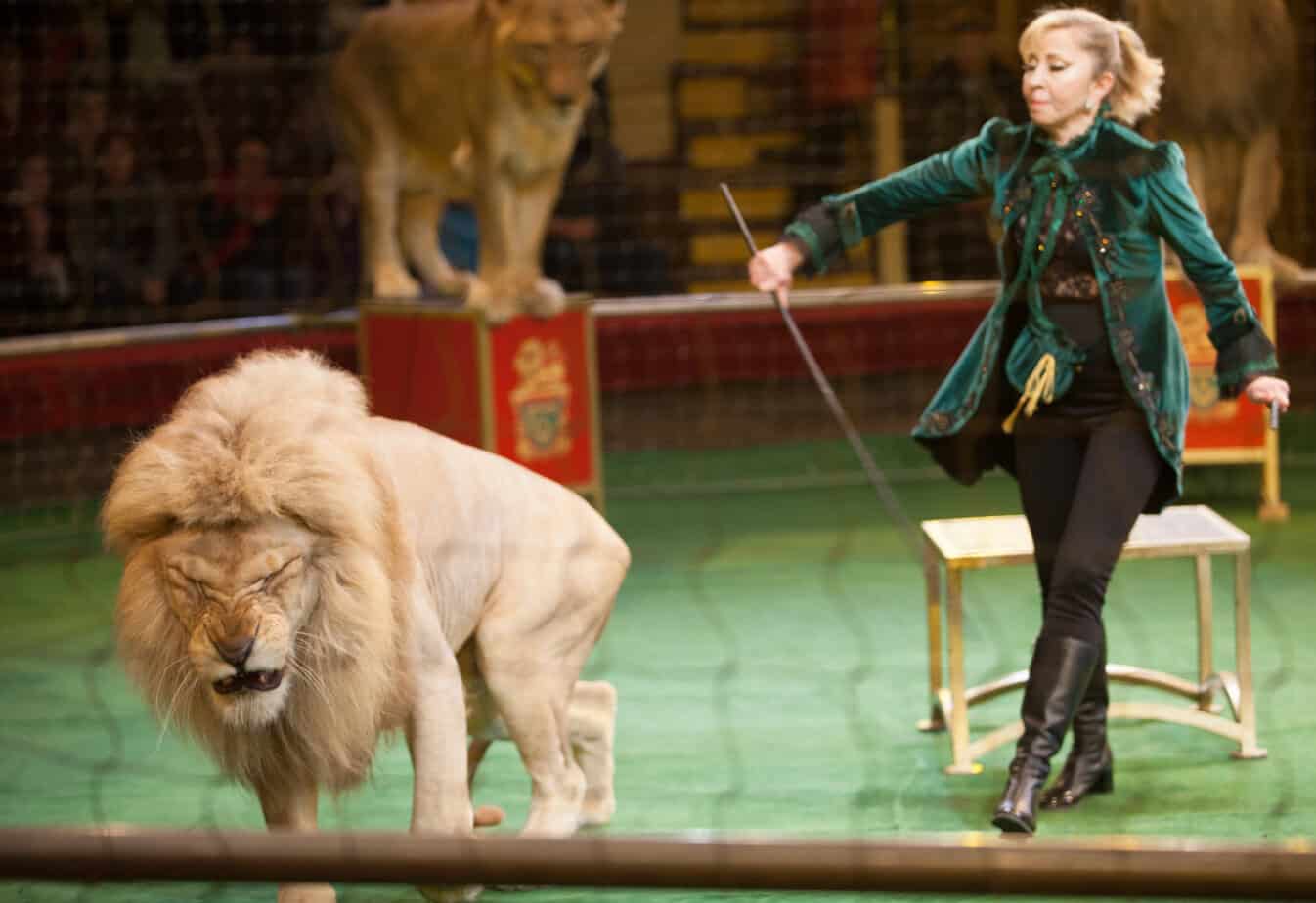
The US state of Washington has passed a new law banning the use of wild animals in the circus. The law, known as SB 5065, bans performances using elephants, big cats, bears and non-human primates. It will take effect in 90 days.
With this decision, Washington becomes the 12th state in the United States (US) to stop the use of wild animals in circus acts. The move is part of a growing global movement to protect animals from cruelty in the entertainment industry.
The new law follows strong evidence that animals in traveling circuses suffer from poor living conditions, harsh training, and constant transport. These conditions harm the animals’ physical and mental health. Supporters of the law say animals should not be forced to perform for entertainment.
Many animal rights groups and lawmakers worked for years to make this law a reality. Their efforts helped raise awareness about the suffering elpehants, lions and bears face behind the scenes of circus shows.
Besides helping animals, the law also improves public safety. There have been several cases of animals escaping and putting people at risk. The ban reduces these dangers and shows respect for animals as living beings, not objects of entertainment.
A global trend
Washington’s decision is part of a growing international movement to end the use of wild animals in circuses. So far, more than 50 countries have introduced full or partial bans on these practices.
In Europe, countries like France, Austria, Belgium, Italy and the Netherlands have national bans on the use of wild animals in circuses. These countries have bans, but it has not been implemented everywhere.
In Latin America, countries such as Bolivia, Colombia, and Mexico have taken similar steps. In Asia, both India and Iran have banned wild animal circus acts.
In Africa, over 20 countries, including Morocco and Egypt, are also moving towards stronger animal protection laws in entertainment.
In contrast, some countries still allow wild animal circus acts. For example, Germany has no national ban, although over 90 cities have introduced local restrictions. In Russia, some cities have banned the cruel practice.
In the United States, while 12 states including Washington have passed bans, many others still permit wild animals in circuses.
Hologram circus animals
As the world moves away from using live animals in entertainment, some circuses are turning to technology to amaze audiences. In several countries, circuses have started using holograms of animals instead of real ones.
For example, Circus Roncalli in Germany replaced live animal acts with stunning 3D holograms projected into the ring. These lifelike images of elephants, horses, and fish entertain crowds without causing harm to any animals.
Hologram technology offers a compassionate and modern solution for the future of circus entertainment.
Support The Animal Reader – Daily Animal News
The Animal Reader is an independent animal news platform based in the Netherlands. We share daily updates about animal-related issues.







